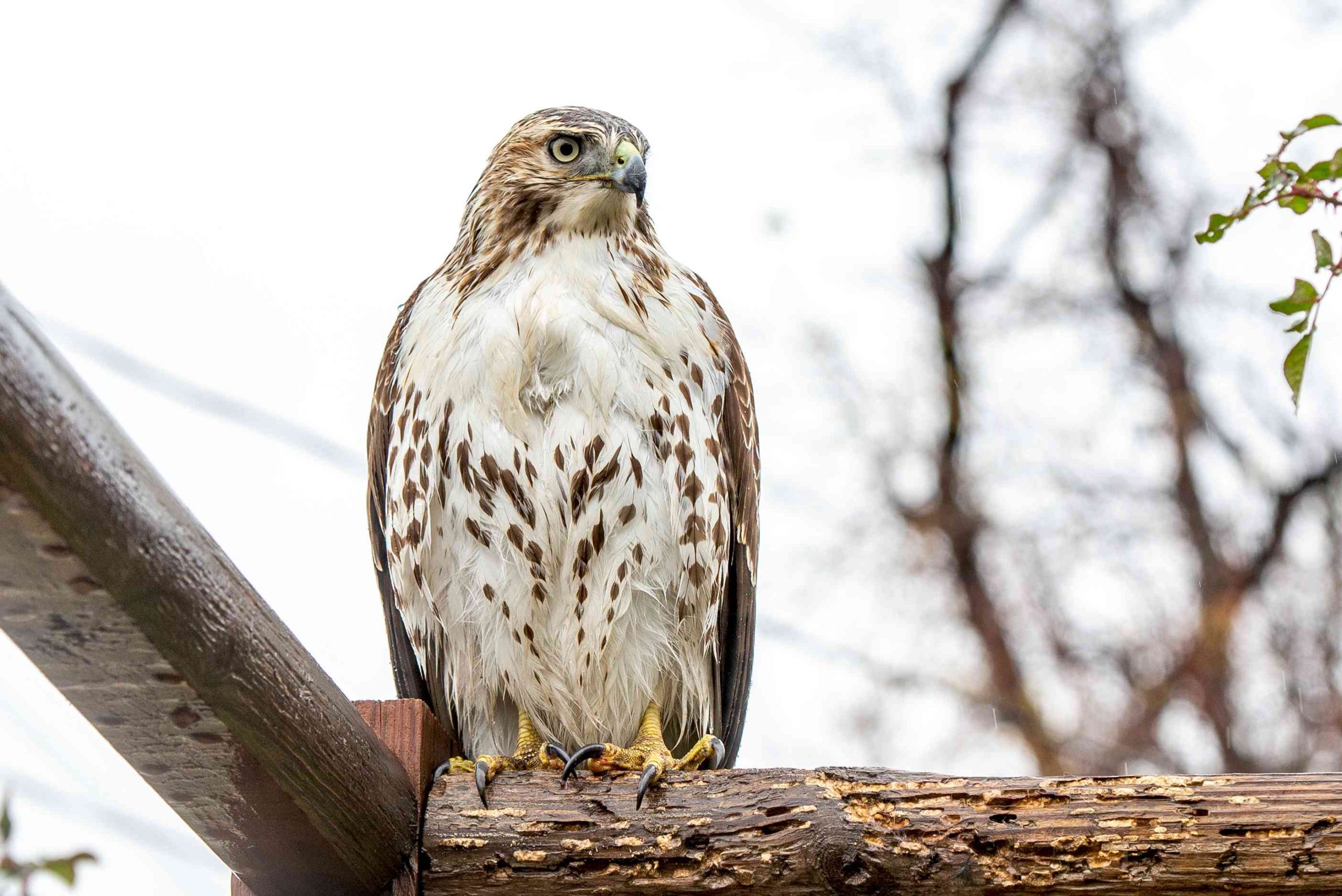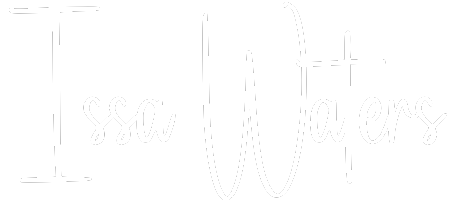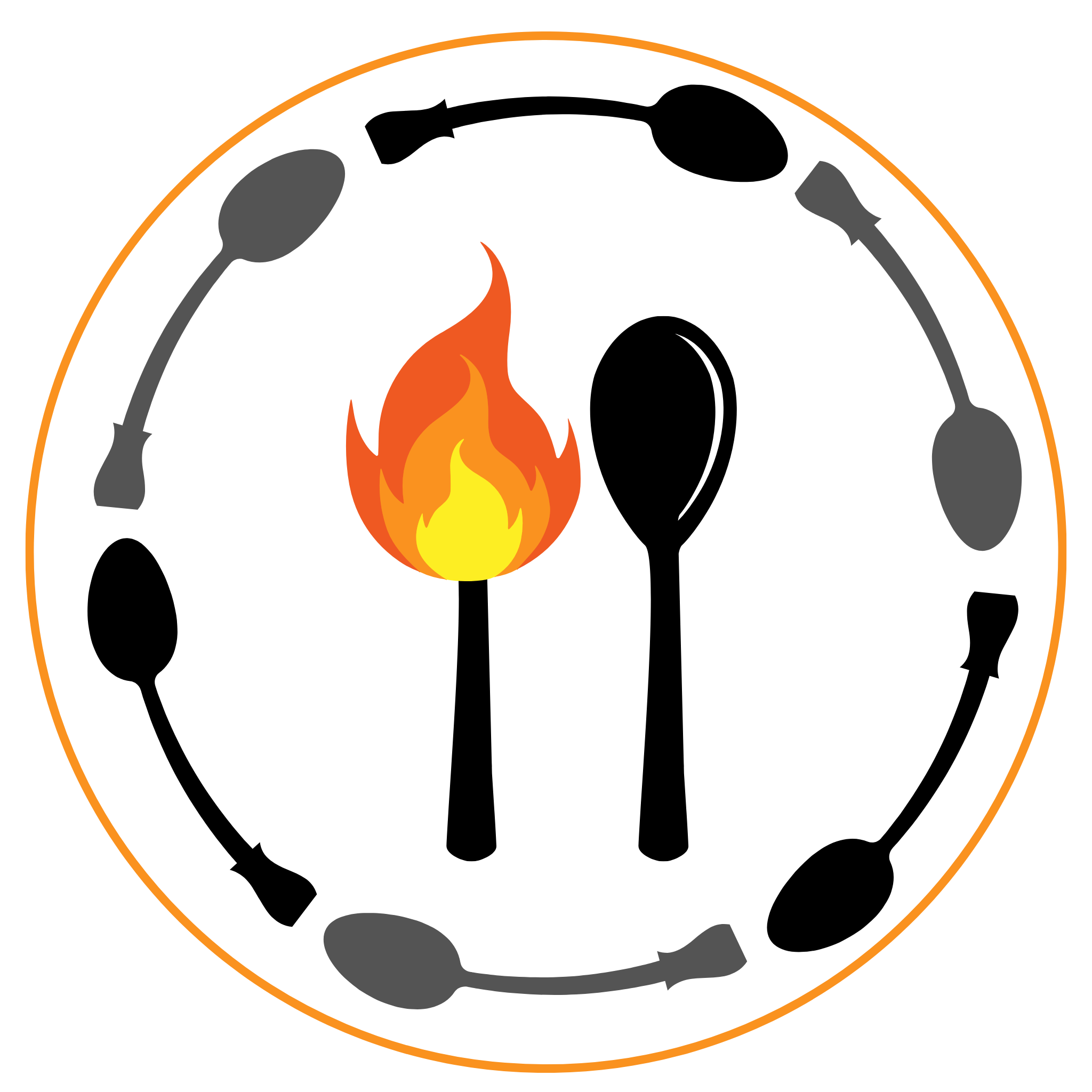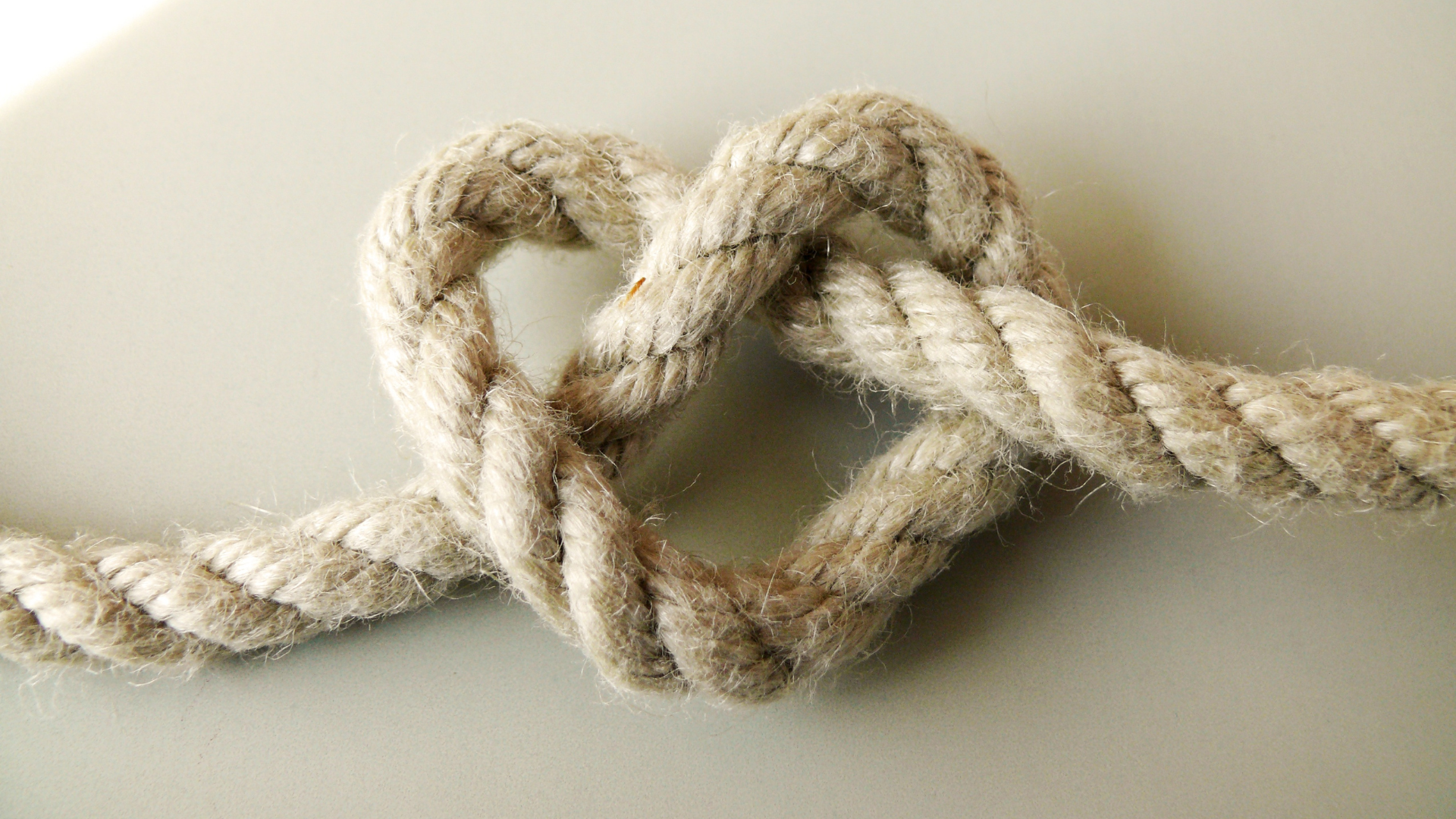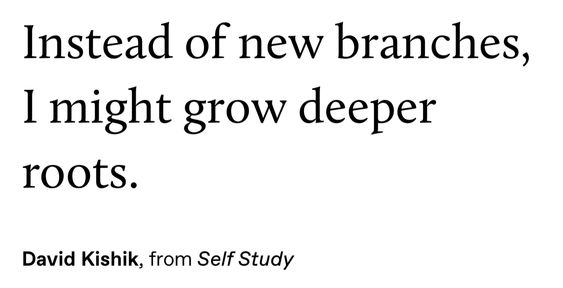
Brabble & Grubble
Hey it’s a theme camp! What’s a theme camp? Here’s one explanation from the regional burn Transformus.
If you asked me “What do you LOVE?” I might think of my children and honeybees and medium rare ribeyes and my truck and myself, but TOP of the list would be the WORDS themselves. I love words – written and spoken and sung and whispered in the night – but especially the written ones.
Brabble & Grubble is my theme camp for LoveBurn 2023 for writers, poets, and other lovers of the spoken and written word. We love a good debate, a moving poem, a provacative quote, a subversive zine, and the special words that reveal our own histories.
I got the name from a poem called We Need to Teach the Children the Old Words which uses lots of lovely words with enchanting definitions.
brabble — to argue loudly about matters of no importance
grubble — to grope around in the dark for something that you can’t see
I don’t know about you, but those two words do seem to sum up something about the burn experience! Many burn offerings are louder and flashier than the humble word, it’s true. But I think there’s room for a temple to the word in all of its unassuming forms.
Love Burn 2023
Our little theme camp is only 4 members. Here’s what all you’ll find in our mighty little camp:
- A small library of books that are fun to experience in one sitting – no long novels here! A plush rocking chair, blanket, and reading light to curl up in with a good book any time night or day.
- A refrigerator and 1200+ refrigerator poetry magnets
- Life-size pages of poetry and quotes to literally walk through
- Zine making workshops – ask after the event about our collaborative zine!
- The Words You Carry cross-cultural word-sharing workshop
~~~
The following is the full text of the Medium page where the poem appears, in case it ever disappears.
~~~
Caroline Mellor
Dec 14, 2021
We Need to Teach the Children the Old Words
A poem
“Words are world-makers”
— Robert MacFarlane
We need to teach the children the old words,
words like brabble and grubble,
twitter-light and clinkerbell;
words which dance and trip and slip
and drip like honey off the tongue
Teach them that a hazy halo of cloud
around the moon is called a moonbroch
and that swiftly moving clouds are named cairies;
how a vixen’s wedding is a sunny shower of rain,
and that a single sunbeam breaking through thick cloud
is known as a messenger
Teach them to know the seasons and scents
of queen of the meadow and bride of the sun,
how to tell Jupiter’s staff from fairy fingers
and which roses bloom with the strawberry moon
Teach them to spot pricklebacks in the tottlegrass,
how to recognise a smeuse or a bishop-barnaby,
when to watch the sky for flittermice and yaffles,
and to pay attention to the dumbeldore and mousearnickle
as she graces the lazy leahs of summer
Teach them a few of the old Sussex words for mud,
like gubber and slub and stodge and pug,
so they know that the precious soil beneath their toes
is anything but worthless dirt
Teach them to be users and keepers and makers
of the words which bring the land alive:
a storybook, where everything has its rightful place,
including us;
where the wilds are fearful and filled with magic
and people do noble things, and nothing is impossible
In this world of harsh new words —
words like planetary dysmorphia and solastalgia,
extinction debt and grief mitigation,
megadrought and megafire,
anthropogenic, pyrocene,
words which alarm and get stuck in our throats
describing a world which our hearts cannot grasp —
we need to teach the children the old words,
so that if they should feel lost,
the old words might colour for them
a warm and breathing, living map,
a light to guide them safely home.
~~~
Glossary
brabble — to argue loudly about matters of no importance
grubble — to grope around in the dark for something that you can’t see
clinkerbell — icicle
twitter-light — twilight
queen of the meadow — meadowsweet
bride of the sun — calendula
Jupiter’s staff — mullein
fairy fingers — foxglove
*prickleback — hedgehog
*tottle grass — high grass
smeuse —the gap in the base of a hedge made by the regular passage of a small animal
*bishop-barnaby — ladybird
*yaffle — green woodpecker
*flittermouse — bat
*dumbledore — bumblebee
*mousearnickle — dragonfly
leah — meadow, clearing
*gubber — black mud of rotting organic matter
*pug — a kind of loam, particularly the sticky yellow Wealden clay
*stodge — thick puddingy mud
*slub — thick mud
Note: I owe the title and first line of this poem to my friend, Jelly Julieda, who has graciously granted me permission to use her words here. I have also been hugely inspired by the work of Robert MacFarlane, and urge you to read his wonderful book Landmarks if you are interested in the relationship between landscape and language.
The words marked with an asterisk are native to my home in the Sussex Weald.
Which words colour the land where you live?
